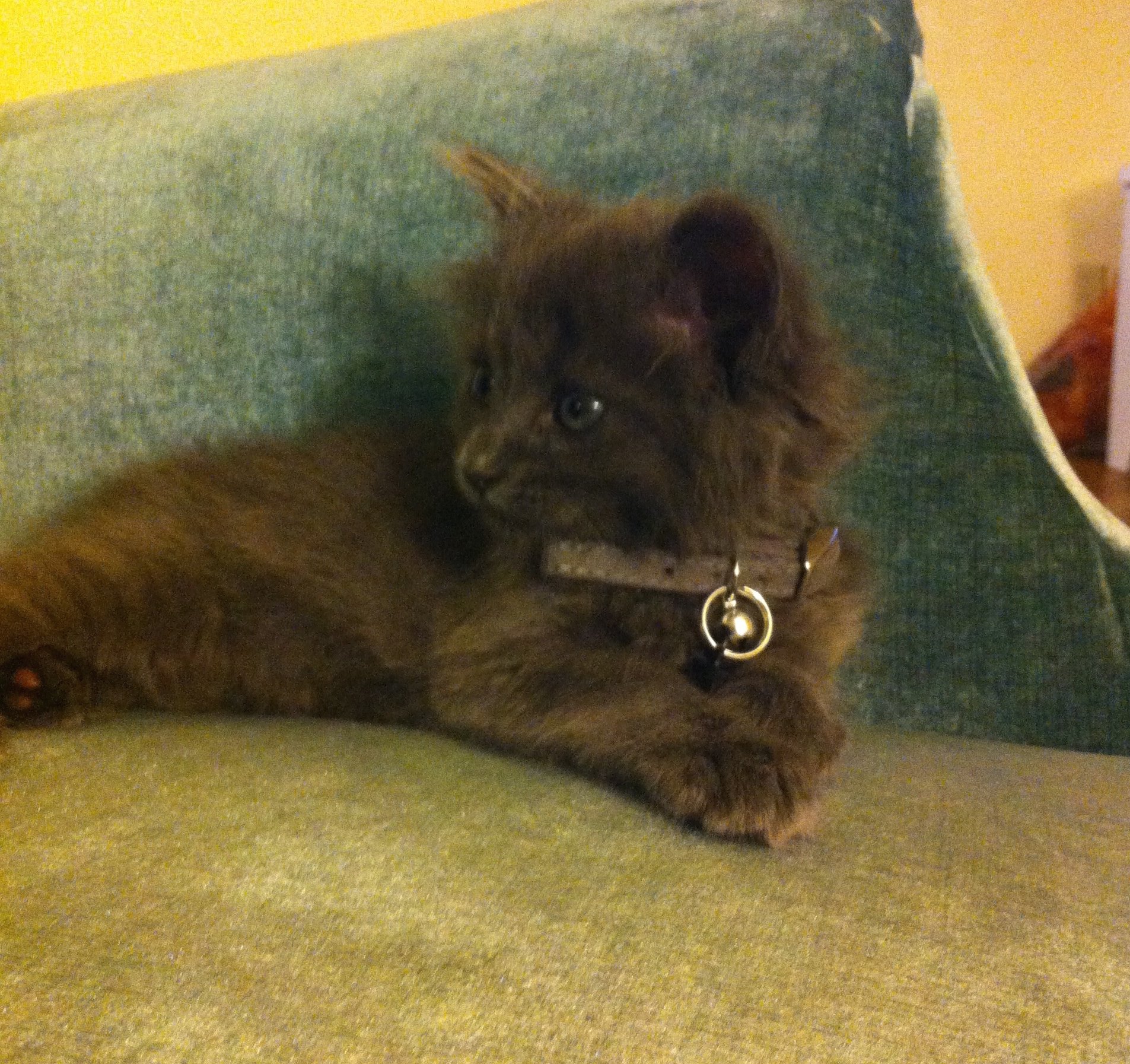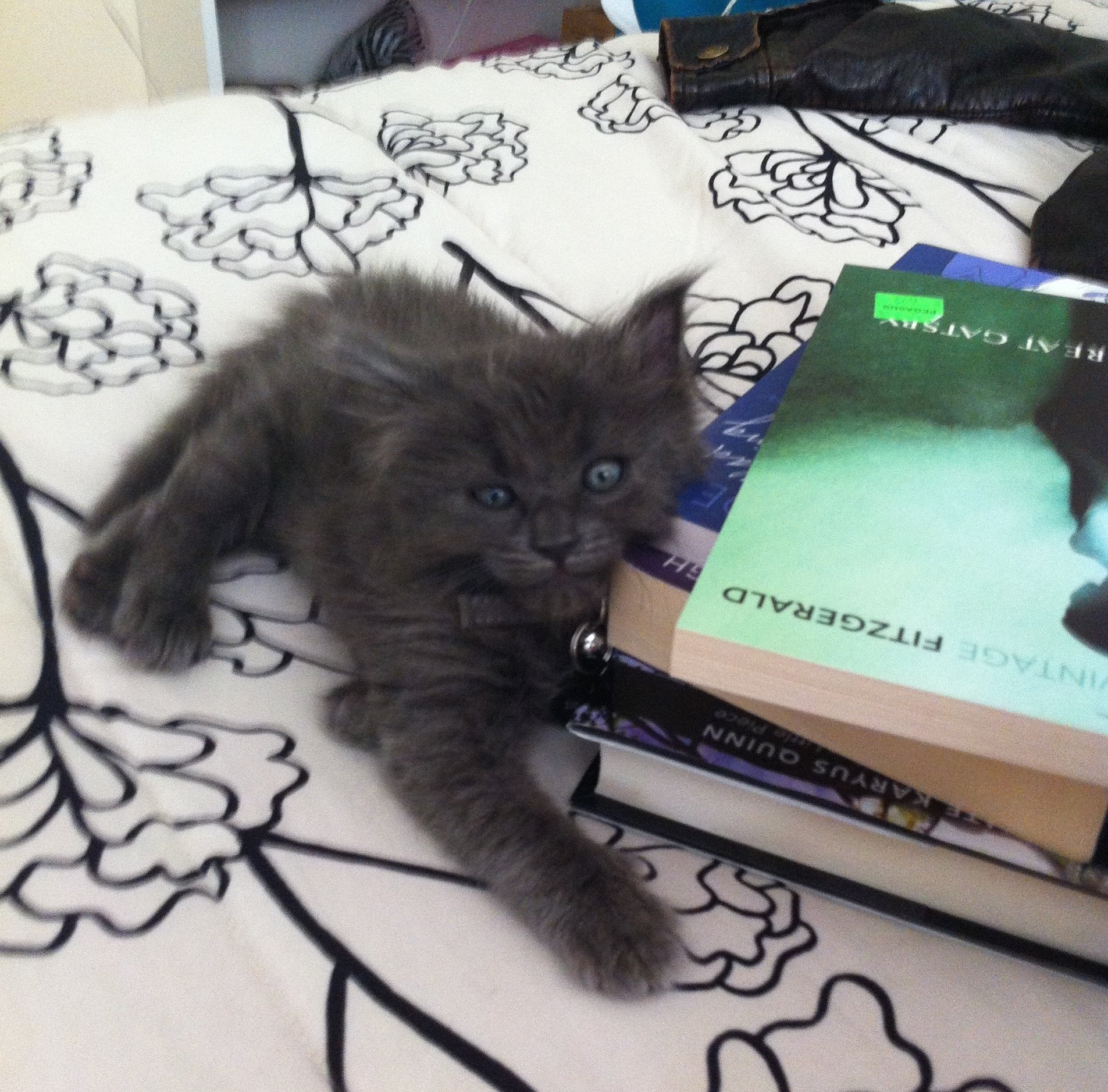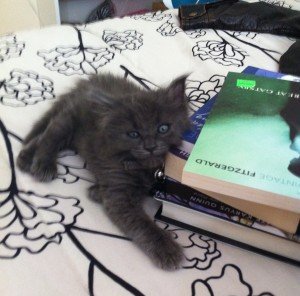
The Many Languages of Social Media
In the blog post, she talks about how learning to use Twitter was like learning to write all over again, just in a different way. That got me thinking about all the new, different types of literacies that social media and the internet brings people. It is not like the internet as a whole has its own language and its own “rules.” Each section of social media is like learning a different language all over again. Twitter has a specific literacy and method, and as does Facebook and Instagram. They are all different, and getting any new social media account is agreeing to learn a new language and a new set of conventions.
We are all taught how to write a five page essay or how to write a research paper. In some classes, we are taught how to write an op-ed article or a short story. Our sponsors for school-based literacy are our teachers and our parents. What I find interesting is that we teach ourselves the various languages of the online world. Acronyms and hashtags show up in our social media feed without warning, and we have to figure out what they mean. Or sometimes we look them up on urbandictionary. Our sponsors for online literacy are ourselves and our peers. We learn how to use the internet through trial and error and our friends showing us how. Each website has different uses, different things we are supposed to use them for and we figure out the rules on our own. Last year, my friend was on Facebook and commented how this one guy posted so many statuses that he “really needed to just get a Twitter.”
In the article, she says that for her first tweet, she did something wrong. I find it amazing that we really can do something wrong when we’re on social media, and people will notice. They will notice if you post something on one site that was meant for a different one, because people recognize the different purposes. Learning to use Twitter is like learning a new language, and so is learning to use Instagram, or YouTube, or Tumblr, or Vine.





 Website:
Website: